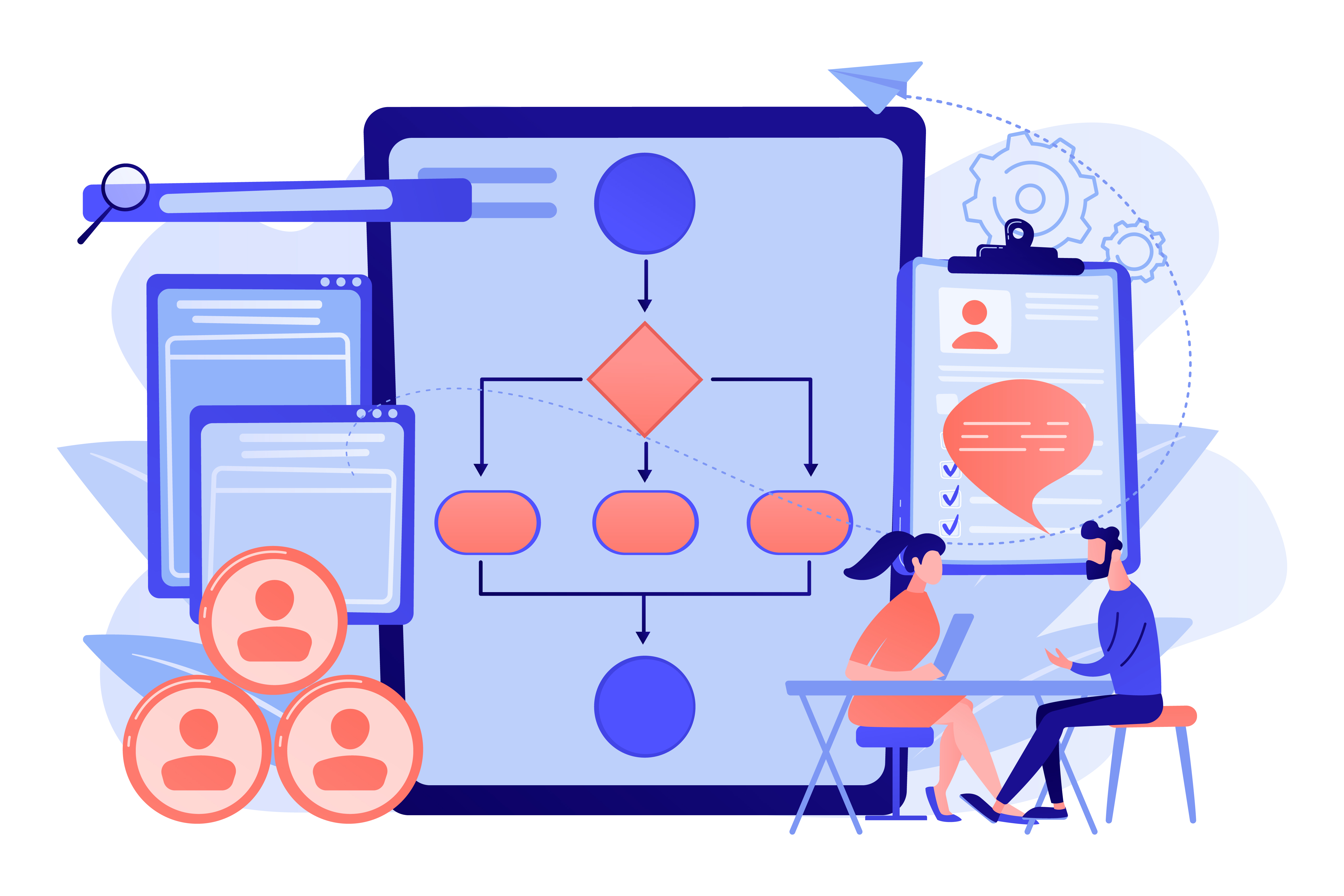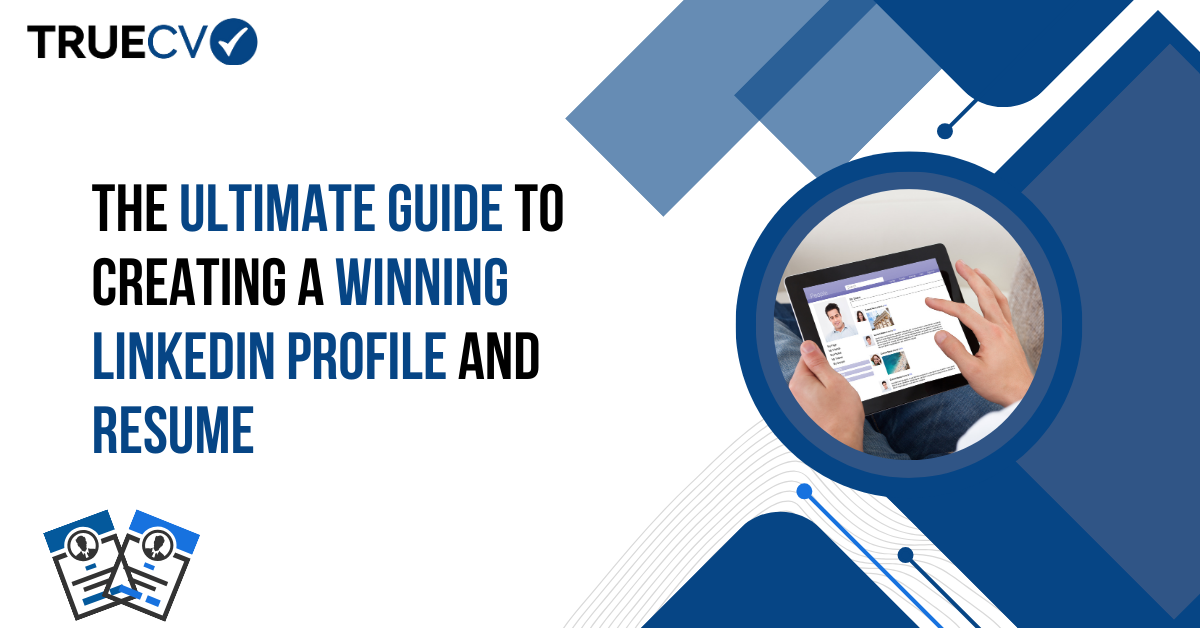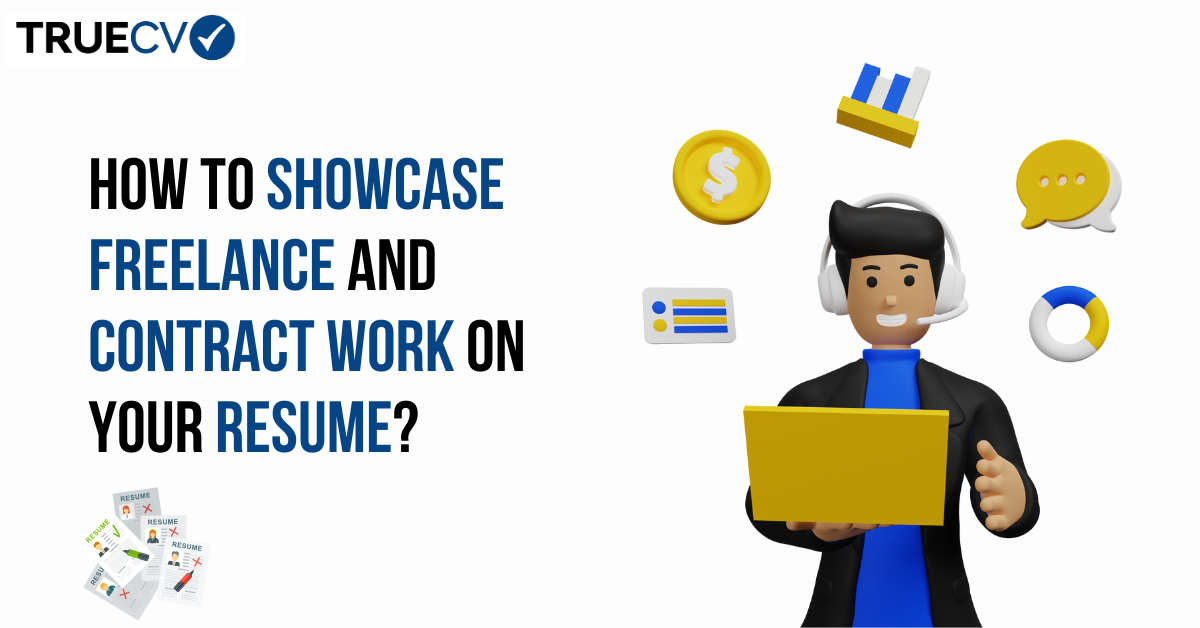
The Power of Storytelling in Job Interviews
Introduction: In the fast-paced realm of job interviews, where impressions can make or break opportunities, harnessing the art of storytelling becomes a pivotal skill. This blog post aims to explore the profound impact of storytelling during job interviews, delving into the nuances of creating narratives that captivate interviewers and leave a lasting imprint.
The Human Connection: Beyond a mere exchange of qualifications, job interviews are about establishing a human connection. Storytelling serves as a bridge, allowing you to present your professional journey in a manner that resonates emotionally, making you not just a candidate but a relatable and memorable individual.
Why Stories Matter:
-
Contextualizing Achievements: Stories go beyond the surface, providing a richer context to your achievements. Rather than presenting a checklist of accomplishments, storytelling allows you to unfold the narrative of how you navigated challenges, demonstrating adaptability and resilience.
-
Demonstrating Skills in Action: Skills are best showcased in action. Through storytelling, you can vividly illustrate how you applied your skills in real-world scenarios, breathing life into your capabilities and offering a tangible portrayal of your professional prowess.
-
Making an Emotional Impact: Emotions linger in memory. Crafting stories that evoke feelings—whether the triumph of overcoming adversity or the joy of collaborative success—creates a lasting and impactful impression.
How to Incorporate Storytelling in Interviews:
-
Identify Key Stories: Reflect on your experiences and pinpoint stories that align seamlessly with the job's requirements and the organization's values. Choose anecdotes that not only highlight your skills but also showcase your problem-solving abilities and character.
-
Structure Your Stories: Opening with a compelling introduction sets the stage for engagement. Employ the Situation, Task, Action, and Results (STAR) method to ensure a well-structured and comprehensive narrative that resonates with the interviewer.
-
Practice, but Be Authentic: While practicing is essential for fluency, authenticity should never be sacrificed. Genuine stories build trust and connection, so strive for a balance between preparedness and spontaneity.
Examples of Effective Interview Stories:
-
Problem-Solving Story: Narrate a scenario where you identified a complex problem, devised a strategic solution, and ultimately achieved a positive outcome, underscoring your critical thinking skills.
-
Leadership Story: Share an experience that showcases your effective leadership, whether it's guiding a team through a challenging project or steering the success of a significant initiative.
-
Adaptability Story: Illustrate a situation where you navigated change or uncertainty, emphasizing your flexibility and ability to thrive in evolving professional environments.
Conclusion: In essence, storytelling is not just a skill; it's an invaluable tool that can set you apart in job interviews. It enables you to paint a vivid picture of your professional journey, transforming the interview process into a meaningful conversation. As you prepare for your next interview, embrace the power of storytelling to craft a narrative that authentically represents the unique value you bring to the table.
Closing Thoughts: Behind every resume lies a collection of experiences waiting to be shared. Embrace the art of storytelling, share your narrative, and watch as your interviews transform into authentic and impactful conversations. Happy storytelling!





